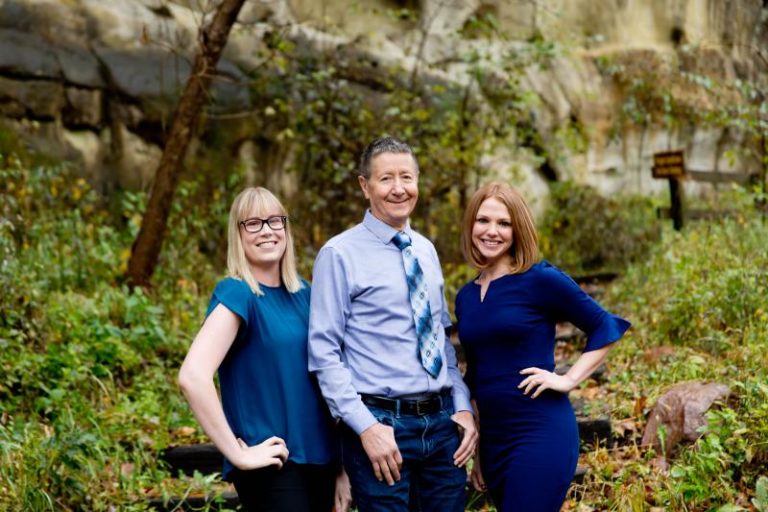Written by Dr. Richard Cruse, Director of the Iowa Water Center and Professor in Agronomy at Iowa State University
This month, I spoke at the Rendez-vous Végétal 2017 in Quebec, Canada. Speaking to French Canadians in Quebec about the cost of soil erosion created some unique anticipations: How well will soil erosion vocabulary be translated and understood? What erosion problems actually exist and how do my Iowa experiences relate to Quebec challenges? Will my message be accepted or be viewed as too Iowegian and be of value for Iowans only? Will the audience appreciate the humor or will it be misunderstood? Speaking to a non-native English speaking audience has the potential to be a memorable adventure.
Sometimes this angst is unwarranted, which was true in this instance. Speaking in an auditorium fit for a concert or headline event was a great start. Further, a complete translation of my presentation was provided on a large screen while I had my own private screen next to the podium. Fortunately, about 60% of the audience was bilingual, which eased concerns of the message on soil erosion or a few jokes getting lost in translation. The audience itself was composed of well informed, science savvy farmers and agency professionals. Regardless, throwing in a few jokes about government administrative changes in the U.S and a few Canadian fishing adventures cannot hurt in “breaking the ice.”
I learned soil erosion and soil degradation is a serious concern in Canada. The form of erosion dominating the Quebec landscape is a bit different from that in Iowa and the Midwest. The biggest concern seems to be from bank collapse that occurs in surface drainage ditches. While this dominated the discussion on soil in the area around Montreal, other areas experienced soil degradation somewhat similar to those in Iowa. The greatest connection occurred when discussing the following topics on soil erosion:
- Why soil needs to be protected,
- how economic pressure increasingly encourages all out production at the expense of conservation,
- how differences exist in conservation ethic between many farmers and landowners,
- the importance of production-based conservation practices (no-till, cover crops, crop rotations),
- and the grave soil resource concerns associated with climate change.
Yes, climate change is real north of the border. An audience member questioned if conservative people in the States really do not accept science and if they recognize the increase in frequency of heavy storms and longer growing seasons. Studies show that most people believe that the climate is changing (Arbuckle et al 2013, Leiserowitz et al. 2014). Recognizing that the problem is occurring may not necessarily be the issue. Instead, it is building consensus on the source of climate change, the threat of regulation and other policy recommendations, and the scope of the conversation that may determine how the public copes with the problem.
One of my counterparts at the conference recognized that human emotions frequently overshadow science – even if they dangerously affect soil and water resources and the future of agriculture. Regardless of what we know about our soil and water, we must contend with public opinion, awareness, and the actions people take at multiple scales. That was the right time to retire to the post conference networking and socializing event.
References
Arbuckle, J. Gordon Jr., Linda Stalker Prokopy, Tonya Hiagh, Jon Hobbs, Tricia Knoot, Cody Knutson, Adam Loy, Amber Saylor Mase, Jean McGuire, Lois Wright Morton, John Tyndall, Melissa Wildhalm. 2013. Climate change beliefs, concerns, and attitudes toward adaptation and mitigation among farmers in the Midwestern United States. Climate Change 117: 943-950.
Leiserowitz , Anthony, Edward Maibach, Connie Reser-Renouf, Geoff Feinberg, Seth Rosenthal, and Jennifer Marlon. Climate change in the American mind: Americans’ global warming beliefs and attitudes. 2014. Technical report, Yale Project on Climate Change Communication: Yale University and George Mason University, New Haven, CT, 2014. URL http://environment.yale.edu/climate-communication/article/Climate-Beliefs-November-2013.

